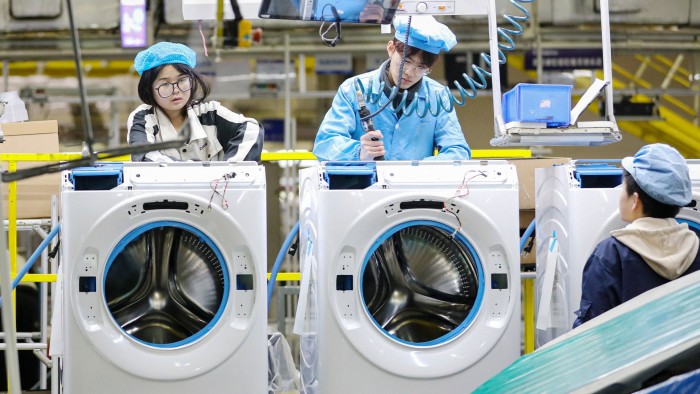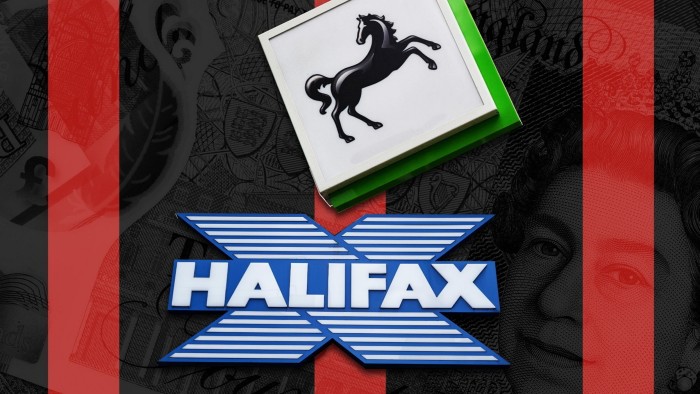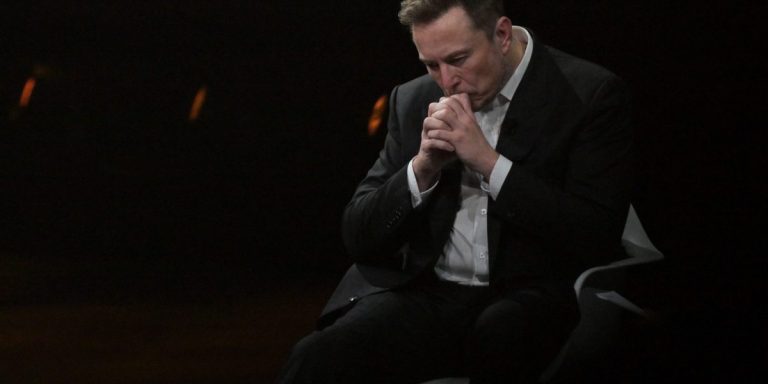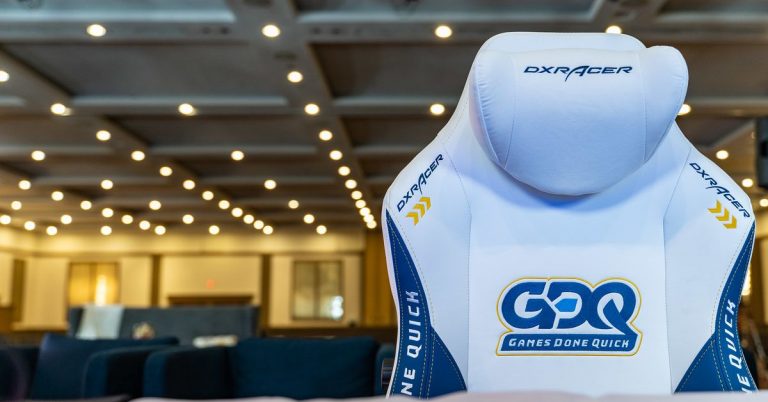China has expanded a programme to subsidise consumers who trade in old appliances such as air conditioners and washing machines as policymakers strive to counter weak consumption in the world’s second-largest economy.
The policy initiative, which was launched last year to encourage purchases of cars and home appliances, will now also include microwaves, rice cookers, dishwashers and water purifiers as well as smartphones and tablets costing less than Rmb6,000.
Consumers who trade in old goods will receive subsidies of 15-20 per cent, the National Development and Reform Commission, China’s state planner, said at a press conference on Wednesday in Beijing, where a finance ministry official said Rmb81bn ($11bn) would be allocated towards the programme in 2025.
The scheme’s expansion follows calls for Beijing to do more to support consumer spending as growth momentum has slowed and a weak property sector continues to weigh on consumer and investor confidence.
The government is “thinking about consumption and boosting consumption”, said Hui Shan, chief China economist at Goldman Sachs, who added the scheme was having a “pretty clear impact” on sale volumes.
“The downside of such a policy is you are just pulling forward future demand,” she added. “If I’m going to replace my air conditioner once every 10 years, [you’re] pulling the next few years of demand into now.”
The trade-in scheme was initially launched last March with echoes of former US president Barack Obama’s “cash for clunkers” initiative, which allowed consumers to trade in old cars for new ones in the aftermath of the 2008 global financial crisis. Officials said a 2024 budget of Rmb150bn, funded through special government bonds, was used up by the end of the year.
The commerce ministry said 36mn consumers used the scheme last year to buy Rmb240bn worth of home appliances, and that it drove Rmb920bn of car sales.
In addition to home appliances and automobiles, the programme also aimed to incentivise companies to upgrade industrial equipment and agricultural machinery.
Last month, the National Bureau of Statistics said November retail sales were boosted by the programme, citing a 22 per cent year-on-year rise in sales of household appliances and audiovisual products such as televisions. Sales of building and decoration materials, also covered by the scheme, turned positive for the first time since April.
But overall retail sales rose just 3 per cent in November, missing expectations and reigniting concerns about the pace of consumption growth, while real estate data showed the largest year-on-year fall in new home prices since 2015 and a deepening decline in property investment.
China last September launched measures to support equities and the housing market, where sales have struggled to gain traction against the backdrop of a yearlong property slowdown. Authorities have also launched comparable “replacing old with new” schemes for housing.
Last month, President Xi Jinping promised “vigorous” efforts to strengthen consumer demand this year.
Frederic Neumann, chief Asia economist at HSBC, said most analysts saw trade-in programmes as helpful for short-term confidence-building, but suggested China needed more policies that promoted consumption on a more sustainable basis.
Additional reporting by Wang Xueqiao in Shanghai

























+ There are no comments
Add yours